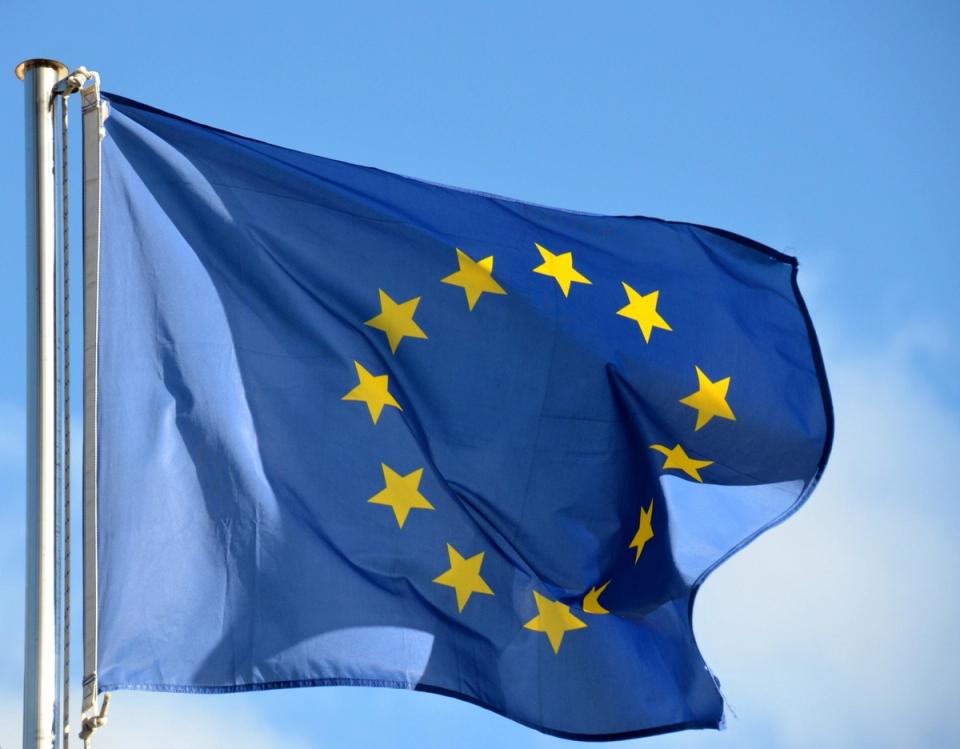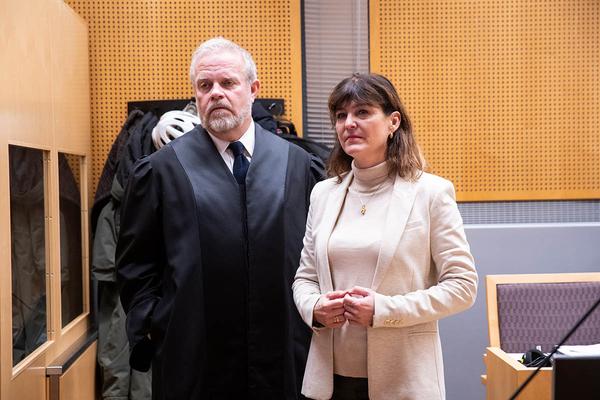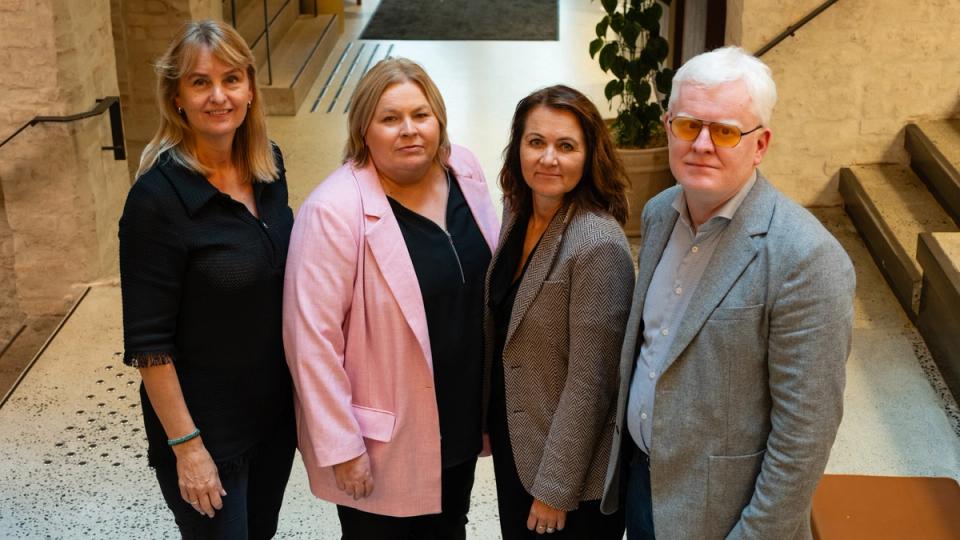22. juni 2020
The most digital countries in Europe

Norway ranks third in the 2020 publication of the Digital Economy and Society Index. Since 2014 the European Commission has […]
Norway ranks third in the 2020 publication of the Digital Economy and Society Index.
Since 2014 the European Commission has been monitoring Member States’ digital progress through the Digital Economy and Society Index (DESI). In the 2020 publication, Norway ranks third after Finland and Sweden.
Read the overview of Norway here. Read the full DESI Index 2020 here.
The DESI Index measure 1) connectivity, 2) human capital, 3) use of internet services, 4) integration of digital technology and 5) digital public services.
Connectivity is defined as internet coverage, speed and 5G readiness.
In this category Norway has a score of 65.8, compared to the EU average score of 50.1.
4G networks cover almost the entire European population, but little progress has been registered on 5G spectrum assignments. Finland, Germany, Hungary and Italy are the most advanced on 5G readiness, according to the DESI Index.
Human capital is defined as digital skills, employment and graduates in information and communications technology (ICT).
In this category Norway has a score of 65.9, compared to the EU average score of 49.3. According to the study, 51 % of individuals in Norway have above basic digital skills. 4.6 % of total employment in Norway are ICT specialists and only 3.7 % of all graduates are ICT graduates.
The coronavirus pandemic has showed us how essential digital assets have become to our economies. In the past year, there was an improvement both in internet user skills and in advanced skills, according to the DESI Index.
But businesses need more ICT specialists. There remains a shortage of ICT specialists on the labour market: 64 % of large enterprises and 56 % of SMEs that recruited ICT specialists during 2018, reported that it was hard to fill vacancies for ICT specialists.
Use of internet services for citizens is defined by how many people who have never used the internet, amount of internet users, use of digital news, use of social networks, music/video/games, video on demand, video calls, digital baking, shopping, selling and taking online courses.
In this category Norway has a score of 80.6, compared to the EU average score of 58.0. According to the study:
- 93 % of internet users in Norway read digital news.
- 88 % of internet users in Norway use social networks.
- 83 % of internet users in Norway shops online.
- 16 % of internet users in Norway take online courses.
Access to social media and entertainment platforms as well as to teleworking, e-commerce and e-government services was already a trend in place prior to the pandemic (…) The use of video calls has grown the most, from 49 % of internet users in 2018 to 60 % in 2019, according to the DESI Index.
Integration of digital technology for businesses is defined by enterprises use of information sharing, social media, big data, cloud, and the use of e-commerce among small and medium enterprises (SMEs).
In this category Norway has as score of 59.0, compared to the EU average score of 41.4. The percentage of enterprises using social networks is lower in Norway (20%) compared to the EU average (25%). And only 26 % of SMEs in Norway are selling online.
The top EU performers in the digitalization of businesses are Ireland, Finland, Belgium and the Netherlands, according to the DESI Index.
Digital public services are defined by the number of e-government users, online services for users and businesses, and open data sets.
In this category Norway has a score of 84.9, compared to the EU average score of 72.0.
Prior to the pandemic there was an upward trend in digital public services (…) The Covid-19 crisis shows how important it is to ensure the continuation of governmental activities when social distancing measures are in place, according to the DESI Index.
According to the Ministry of Regional Development and Digitalisation in Norway, this year’s DESI Index shows clear progress for Norway in the areas of broadband and mobile coverage, public digital services and digital competence. Norway ranks third in the 2020 publication, an improvement from rakning as number five in 2019.
* The DESI 2020 includes 27 member states of the EU and also the UK, since the latest data used in the report refer mainly to 2019, when the UK was still a member of the EU.



